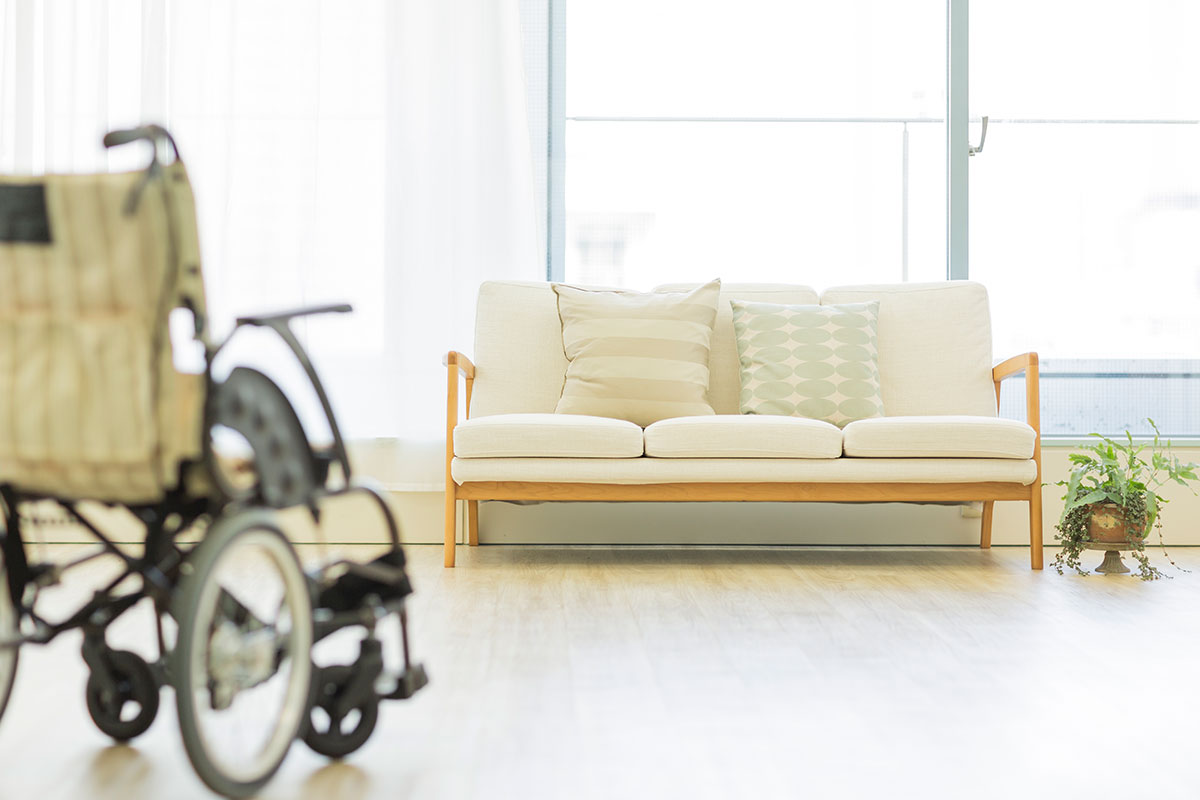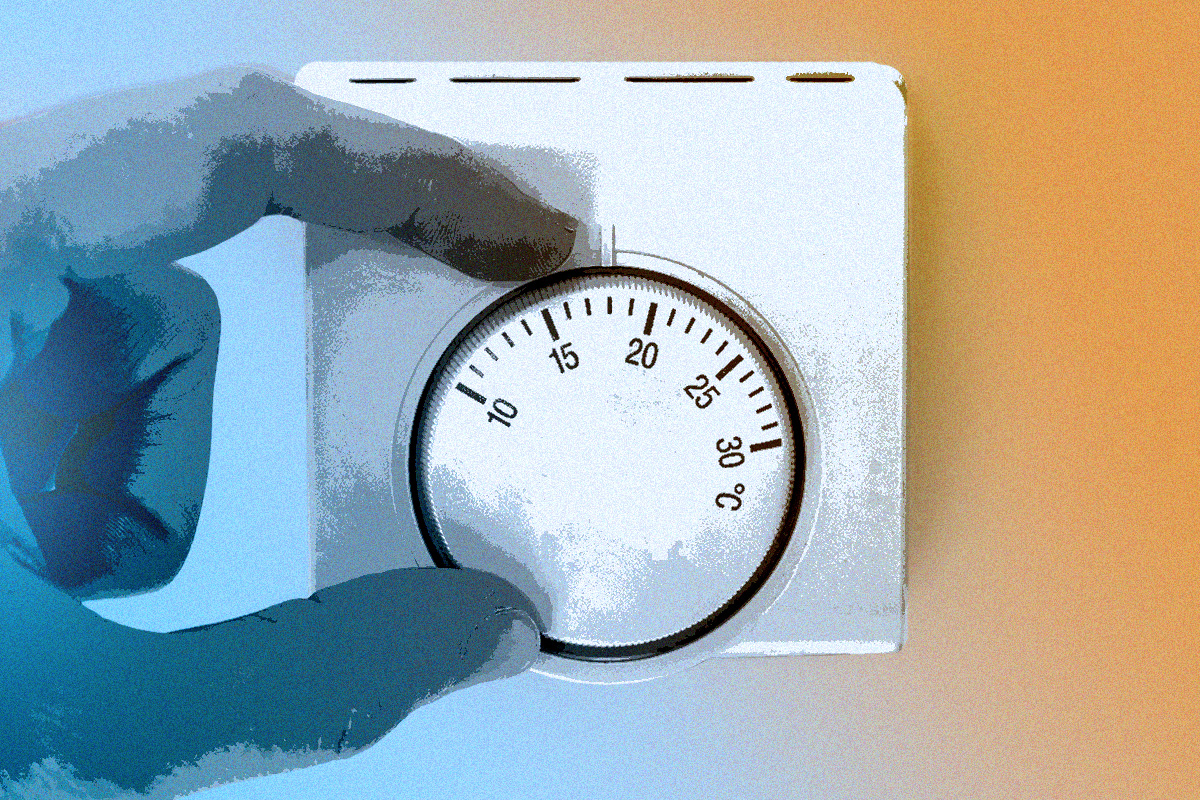What can care providers do now to protect themselves over claims post-COVID?
Care homes are making previously unthinkable decisions about how to provide services. Lee Russell explains that they need to take steps now to protect themselves against future challenges
Care homes have become the front line in the fight against COVID-19. Sadly, May saw more people losing their lives in care homes than in any other registered setting in England.
This has created a maelstrom of problems for those involved in providing care and support. The past few months have involved difficult decisions about how best to protect service users and staff, while trying to maintain challenging care arrangements and provide consistent, good-quality care.
But once the pandemic has run its course, the challenges to the sector are unlikely to be over. What issues could providers face in the future and what should they be planning for now, in case regulatory and other legal proceedings are brought?
For those regulated by the Care Quality Commission (CQC), much will depend on how proportionate the CQC will be in reviewing any care failures that occurred during the pandemic. One would hope that they will take a fair, measured and proportionate view of their enforcement criteria and show they understand just how difficult it has been for care providers during the pandemic.
That said, will judgments be made about how safe and well-led services have been? Time will tell. For those who are also registered providers of social housing, there may be additional regulatory considerations, particularly if the pandemic has caused reputational or financial difficulties.
Other legal arenas may scrutinise the actions and decisions made during this difficult time. The chief coroner has made it clear to coroners that COVID-19 is a naturally occurring disease and deaths should not be investigated, but the possibility remains that a coroner will conclude in some circumstances that a death is an ‘unnatural’ event and may wish to investigate further.
“If challenges or questions are raised, providers will need to answer questions and justify the decisions and actions that they took”
Equally, if residents or their family members raise concerns about the care they have received, providers may have to explain the actions they took at specific times and dates and justify the decisions they took. The health and social care sector is used to dealing with the outbreak of viruses in care, but legal commentators have suggested that care providers may also be subject to claims from employees or their families, particularly when it comes to the provision of effective personal protective equipment (PPE) and training.
There are already reports of such claims being brought in relation to COVID-19 elsewhere in the world. Providers will hopefully already have sufficient insurance to cover the cost of legal representation, but defending against such claims will take up valuable time.
Of course, it isn’t just issues stemming from COVID-19 that are of concern. Maintaining the necessary high standards of care can be challenging at the best of times, so questions could be raised about whether mainstream services have been maintained to the usual standards.
Some might say that in such exceptional circumstances, the risk of challenge is inevitable and care providers should seek legal advice as soon as possible, if this happens. I would hope that recognition is given to the challenging circumstances faced by those providing care and support, but this will not provide an absolute shield.
“The past few months have involved difficult decisions about how best to protect service users and staff”
If anyone raises challenges or questions about the safety of a service, providers will need to be ready to explain and justify the decisions and actions they took. It is therefore imperative they keep a full and proper audit trail.
Documentation should be clearly dated, cross-referenced with any national guidance provided and taken into account, along with any other external factors or considerations involved when making decisions.
Recording the date of any decision is vital, as guidance is constantly being reviewed and updated. Providers will also want to ensure as soon as possible that their records in relation to those for whom they provide care and the logistics of care provision – for example, which employees were working and when – are fully documented and in good order.
In these unprecedented times, the possibility of scrutiny is greater than ever. Providers will have to make difficult decisions, but by taking simple steps to record and justify these decisions, they should be able to evidence their actions and address any challenges.
Lee Russell, solicitor advocate, Devonshires








